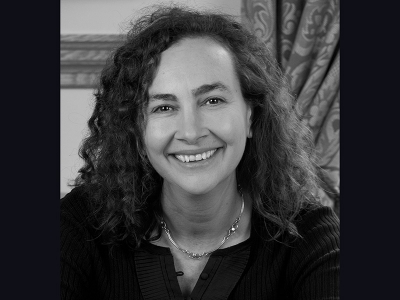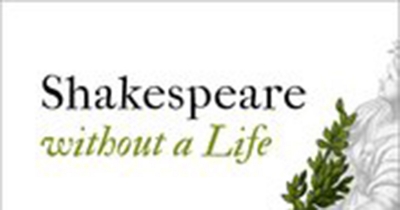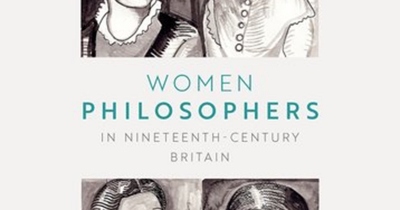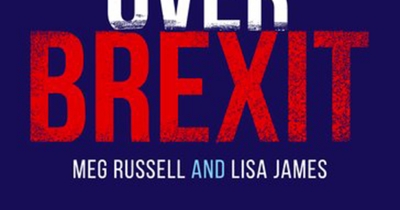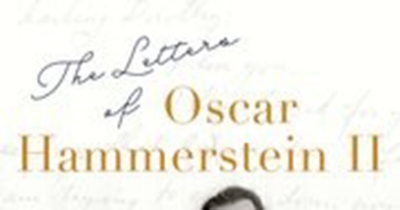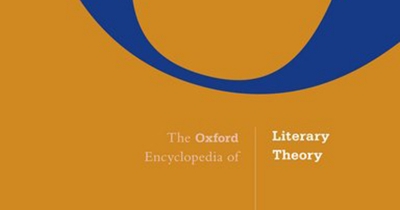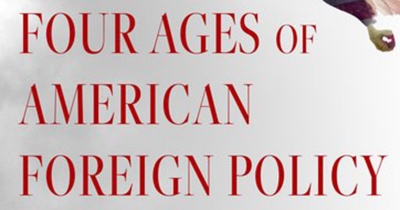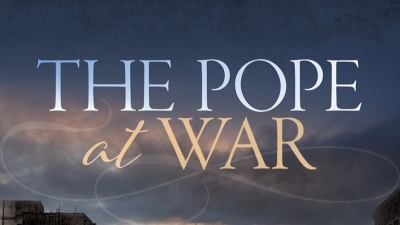Oxford University Press
In this week’s ABR Podcast, Sarah Ogilvie explores the mystery behind the Oxford English Dictionary’s (1928) Australian lexicon. Ogilvie, a former Director of the Australian National Dictionary Centre, tells us about the Melbourne Dictionary People, a group of nineteenth and early-twentieth century Melburnians who contributed Australianisms for the OED project. Listen to Sarah Ogilvie’s ‘The Melbourne Dictionary People: Active service to the mother tongue’, published in the September issue of ABR.
... (read more)Gradual: The case for incremental change in a radical age by Greg Berman and Aubrey Fox
by Glyn Davis •
Women Philosophers in Nineteenth-Century Britain by Alison Stone
by Karen Green •
The Parliamentary Battle Over Brexit by Meg Russell and Lisa James
by Ben Wellings •
Science, Secrecy and the Smithsonian: The strange history of the Pacific Ocean biological survey by Ed Regis
by Billy Griffiths •
The Four Ages of American Foreign Policy: Weak power, great power, superpower, hyperpower by Michael Mandelbaum
by Emma Shortis •
The Pope at War: The secret history of Pius XII, Mussolini, and Hitler by David I. Kertzer
by Miles Pattenden •

